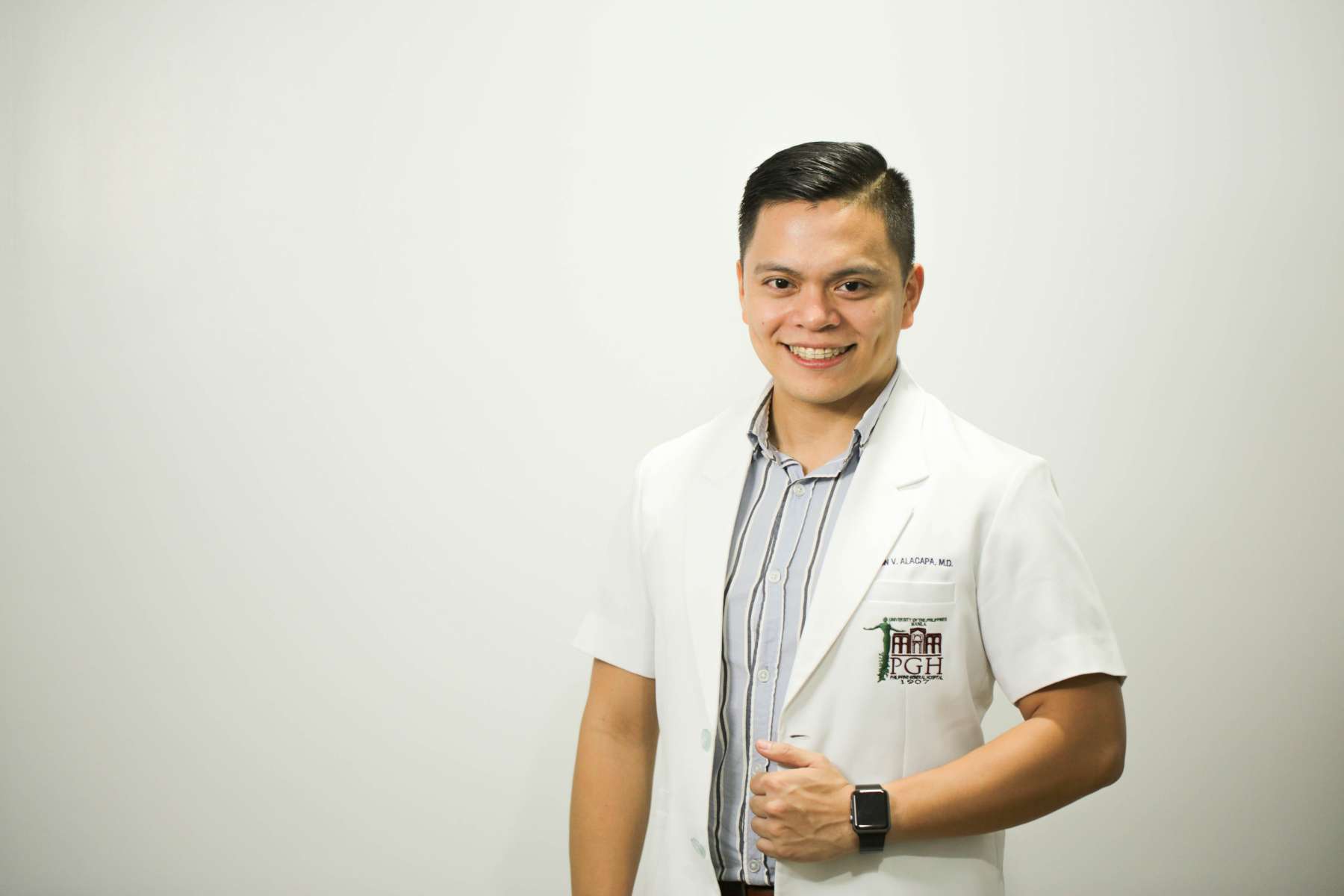Using Data Science to combat COVID-19

I have always believed that there is strength with numbers. Individually, we can do a lot, but together, we can do more. Hence, I have co-convened this consortium to harness the synergies of professionals coming from various disciplines. I am moved by the need to marry the two disciplines together to help produce actionable insights for local decision-makers. There are data scientists producing dashboards from existing data but for us, we wanted to create data products which are contextualised on sound public health principles. Furthermore, we are using a health security and health resilience perspectives. The former refers to responding to global health emergencies such as a pandemic while the latter refers to developing not only our current response but also our future preparedness and thus resilience for such threats. These two areas are weak links by our current public health system. With L4H, we hope to fill the gap. The people who formed L4H have full time jobs and they are located everywhere in the Philippines and in the world but they are volunteering their precious time to contribute to the society. Their default disciplines may not be directly related to healthcare but everyone is eager to help. Indeed, this crisis is squeezing out all the goodness out from these people.

Dr. Jason Alacapa, together with two other Australia Awards alumni Jonathan Monis and Paul Trinos, collaborated to co-convene a consortium of public health and data science professionals and institutions from the academe, civil society and private sector to help in the country's fight against COVID-19. Through the lead of the Philippine Society of Public Health Physicians, the consortium, dubbed as Leading Evidence-based Actions through Data Science (LEADS) for Health Security and Resilience or L4H, aims to harness the intersection of public health and data science. Their data science solutions aim to support informed policy recommendations on COVID-19 especially among local government units (LGUs). Their solutions include the COVID-19 Time Series Dashboard, which provides LGU decision-makers the much-needed information on whether community transmission is controlled or not, allowing them to analyse the effectiveness of their interventions. Another solution is the CO-INFORM Risk Heat Maps, which do not only map the number of COVID-19 cases, but also assess other multi-sectoral indicators, which may affect COVID-19 risks. While the consortium's current mission is to harness data science and analytics against COVID-19, moving forward, they envision to contribute to a responsive and resilient Philippine health system against global health emergencies.
For more information on L4H, visit https://covid19.psphp.org



